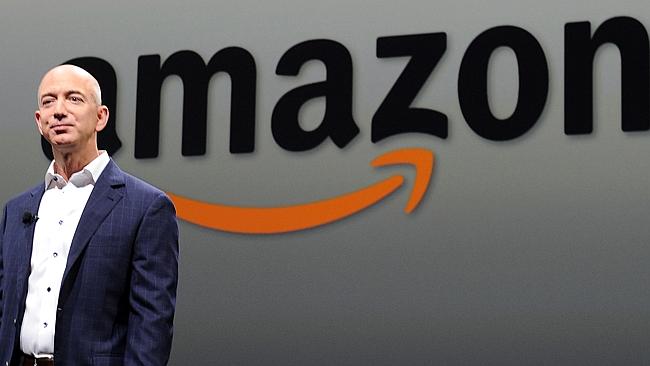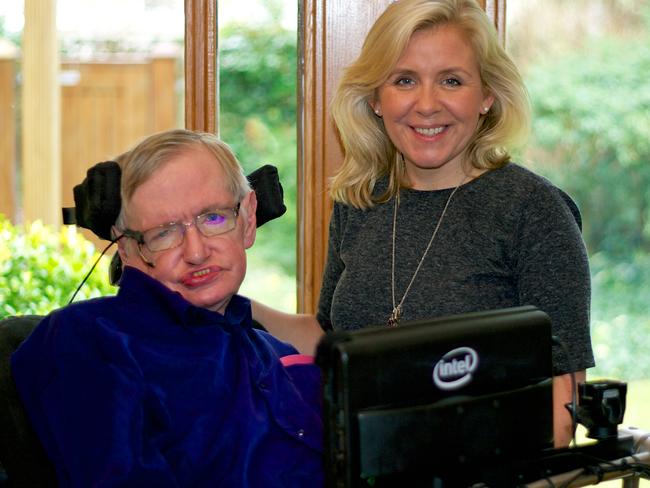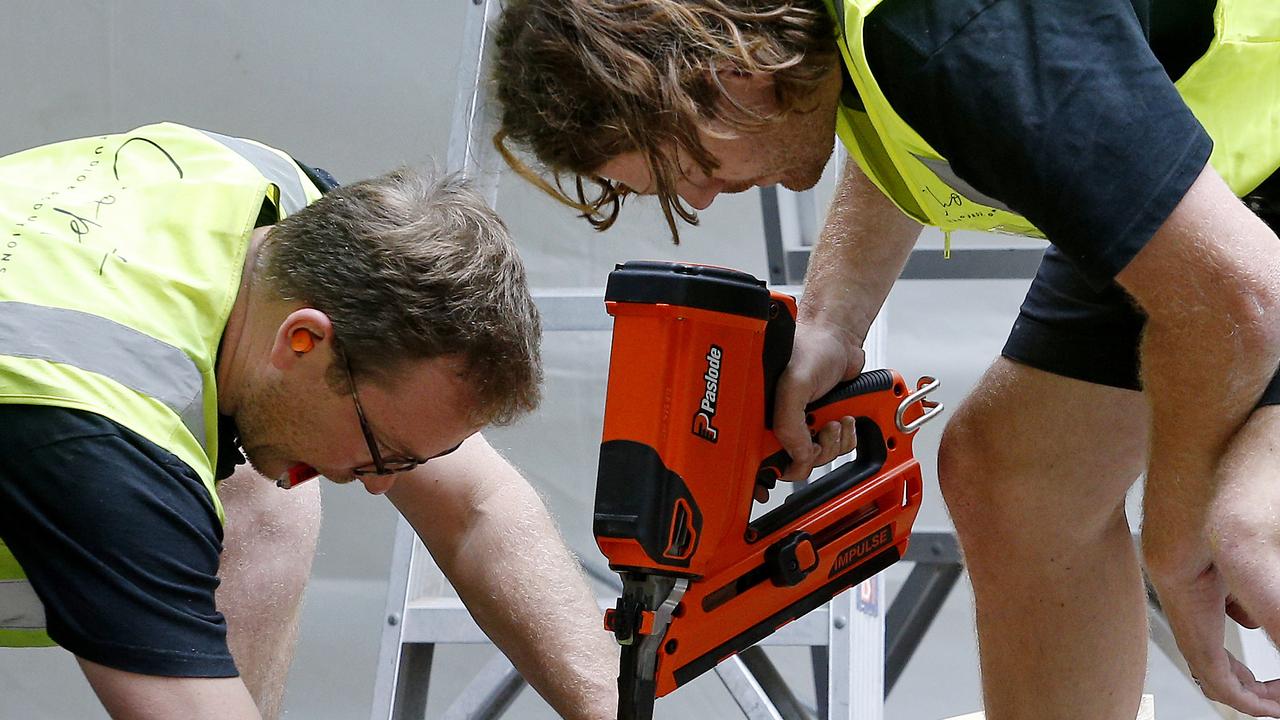How Amazon has it all wrong
MODERN workplaces are becoming powerful and relentless factories that swallow up workers and spit them out. But there’s another way to be a success.

THE modern workplace is becoming a powerful and relentless factory that swallows up high-achievers and spits them out.
A New York Times expose on Amazon this weekend painted a grim picture of a “bruising” environment fuelled by ambitious recruits who are encouraged to tear each other’s ideas apart, provide secret feedback on colleagues and work long and hard at the expense of their personal lives.
The alarming story came shortly after shipping giant Hutchison Ports Australia made headlines for attempting to sack almost 100 wharfies via “flippant and heartless” middle-of-the-night text messages.
With jobs a scarce commodity, workers are increasingly expected to perform faster, smarter and better until they burn out, often in roles they didn’t choose and for precious little reward.
We hear plenty about trendy, stylish offices with progressive ways of working, but is that just a way to keep staff chained to their desks? And what’s the reality for the rest of us?
Some say we urgently need to change our working lives to keep pace with a rapidly transforming world.

DROP THE ECONOMICS
Executive mentor Anthony Howard, who interviewed hundreds of CEOs for his book Humanise: Why Human-Centred Leadership is the key to the 21st Century, believes an obsession with money is holding us back.
“At a local level, there are many leaders doing good work, but unfortunately we hear more negative stories,” the Sydney-based expert told news.com.au. “There’s an overriding economic view, everything has an economic value. That view of life pervades everything: schools, hospitals, government.”
Perhaps controversially, he claims that a business’s goal is not merely to make as much money as possible, but to create other positive results.
Multi-billionaire Amazon CEO Jeff Bezos might not agree. He defended his company as one with an “intentional approach”, rather than the “soulless, dystopian” nightmare portrayed by the Times.
Employee Nick Ciubotariu echoed his sentiments in a riposte on LinkedIn, insisting that Amazon was a productive, data-driven environment rather than an unforgiving one. But this emphasis on production is perhaps part of the problem.
HUMANS AND ROBOTS
With a growing trend for artificial intelligence, the benefit of people is that they provide something different to tireless, efficient machines.
“We’re not upgrading humans as fast as we are technology,” said Anthony. “We’re starting to treat people like another robot that we can get rid of, something mechanised. If I see you as a unit of economic production then I value you in terms of your output. It devalues and dehumanises you.”
Even great thinkers from the world of science, including Stephen Hawking and Elon Musk, have pointed out the existential crisis presented by advances in technology. It allows opportunities for companies to run differently, but there needs to be a balance between humans and robots.

PEOPLE BEFORE PROFIT
Anthony believes that our greatest leaders were people-centric, putting human first in all decisions.
“The Mandelas, the Martin Luther Kings emerged in response to major things, Apartheid and oppression. They responded to need by saying, ‘I see you with your hopes, dreams and aspirations’.
“That’s what should have happened on the docks — someone should have said, ‘These are people with families, this is how they should be treated’. You have to put yourself in their shoes.”
Leaders need to think about both “proper and permissive” ways to act, he added. “With the expenses scandal, MPs were saying they were operating within the law. So it was permissible, but was it proper?”
COMMUNITY FIRST
The idea is to put engagement of staff, customers and communities before everything else. Unilever’s Paul Polman recently took up this concept in his plan for a sustainable future, insisting that a business cannot “just be a business”, and cannot prosper where a community fails.
If a community succeeds, people will buy more cosmetics, food and even banking products, so it makes sense to move the focus away from the profit margin.
Netflix recently grabbed the world’s attention by announcing that employees could take as much parental leave, and as much annual leave, as they chose, in keeping with a philosophy of
trust. If you respect the ability of staff to act as responsible adults, they will do so, the thinking goes.
Some argued this policy might encourage staff to not use all their leave to display their dedication. In fact, its success depends on whether a company shows staff it values their mental, physical and emotional wellbeing.
Ruling with love, not fear, could genuinely be the secret to a successful workplace.
Anthony Howard’s tips for human-centred success
â— Understand the moral and technological challenges
â— Create a long-term outlook that underpins sustainability
â— Discover your purpose and foster virtues that help achieve it
â— Influence others by building meaningful, person-to-person relationships
â— Turn your personal moral values into a leadership style that will benefit and inspire others.



